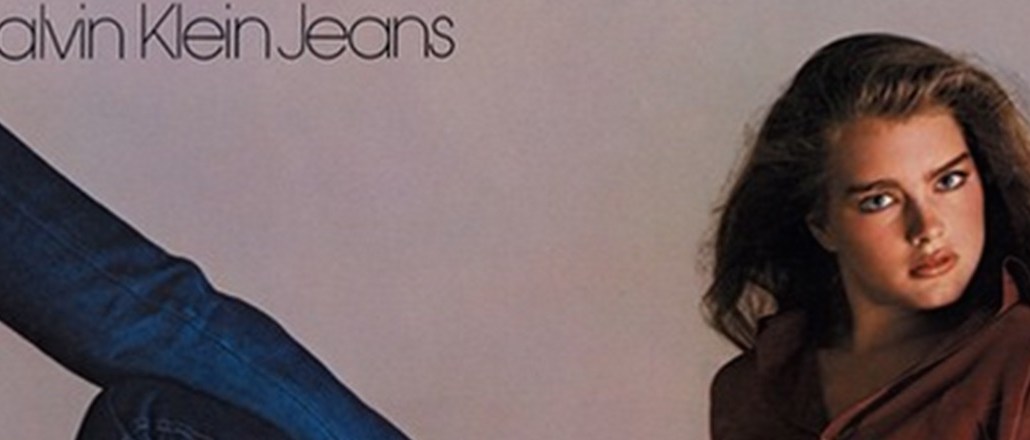Save 50% on a 3-month Digiday+ membership. Ends Dec 5.

Ever since 15-year-old Brooke Shields let the world know she didn’t wear underwear (imagine the outrage that commercial would cause today), Calvin Klein has used sex in every major ad campaign, but with diminishing returns. Because of those Shields commercials, virtually every teenage girl in America started wearing Calvins.
Launched on Instagram, its latest effort — “I ________ in #mycalvins” — is as overtly sexual as anything it has done, but it is lacking humor, wit, attitude, creativity and other good things that make ads good. The fill-in-the-blank copy line feels like it belongs on a third-grade comprehension test.
Even the photography is dumb, more obvious, less stirring than anything in the past.

What the campaign does have is celebrities, the most celebrities ever in a CK campaign. And that hashtagged copy is meant to be repeated by celebrity lemming “influencers” on social media, next to be spread by the common proles and go ultra vi-vi.
Hasn’t happened, Cal, has it?
What many fashion brands still fail to understand (see: The Gap) is that study after study has shown celebrity advertising almost never works. It rarely increases sales.
Ad position: web_incontent_pos1

The celebrities (and a few anonymous hot models) are doing absolutely nothing interesting, sometimes with their hands down their underwear or up their t-shirts.
As with all CK advertising, these new ads were created in-house.
But back in the mid-1990s, Calvin Klein did some very good, very provocative print and TV ads. In 1995, it launched an impressively sleazy campaign — one that revitalized its sagging denim sales.

Ad position: web_incontent_pos2
The print ads, set in a 1970s wood-paneled room, disturbed lots people including child-welfare authorities, leaders of the Catholic League, and President Bill Clinton and First Lady Hillary.
The TV spots were even better: They were set-up and produced to look and feel exactly like porn auditions: the shaky camera, the shy kids, the very creepy interviewer. It was brilliant, rebellious advertising.
Here are eight spots from the “banned” campaign.
https://www.youtube.com/watch?v=vZVk21Pco-c
Even though Klein provided proof that all the models were adults, he eventually pulled the ads — but the work was done. Jeans sales among teens started climbing again.
Unfortunately, CK hasn’t done anything nearly as good since: the Lara Stone gang rape ad, five-story foursomes, big shiny naked David Agbodji, and so on.
But this latest batch is easily the worst campaign CK has ever done. The ads are embarrassingly dull and emotionless. They’re not trying to sell underwear. They’re desperately trying to avoid becoming irrelevant by sucking up to a new generation.

Melisa Goldie, CMO of Calvin Klein, lays on the BS heavy about the ads:
This campaign is representative of how culture is evolving as we speak. … Millennials reject labels when it comes to their own identities … To do that, we have to recognize that people don’t want traditional one-sided advertising anymore. Instead, they want to participate in campaigns that capture their imagination. With this campaign, we feel we have created something that … captures the current youth culture zeitgeist.
Yep. She used the “z” word.
As for me? I yawn in #mycalvins.
More in Marketing

Ulta, Best Buy and Adidas dominate AI holiday shopping mentions
The brands that are seeing the biggest boost from this shift in consumer behavior are some of the biggest retailers.

U.K. retailer Boots leads brand efforts to invest in ad creative’s data layer
For media dollars to make an impact, brands need ad creative that actually hits. More CMOs are investing in pre- and post-flight measurement.
Ad position: web_bfu
